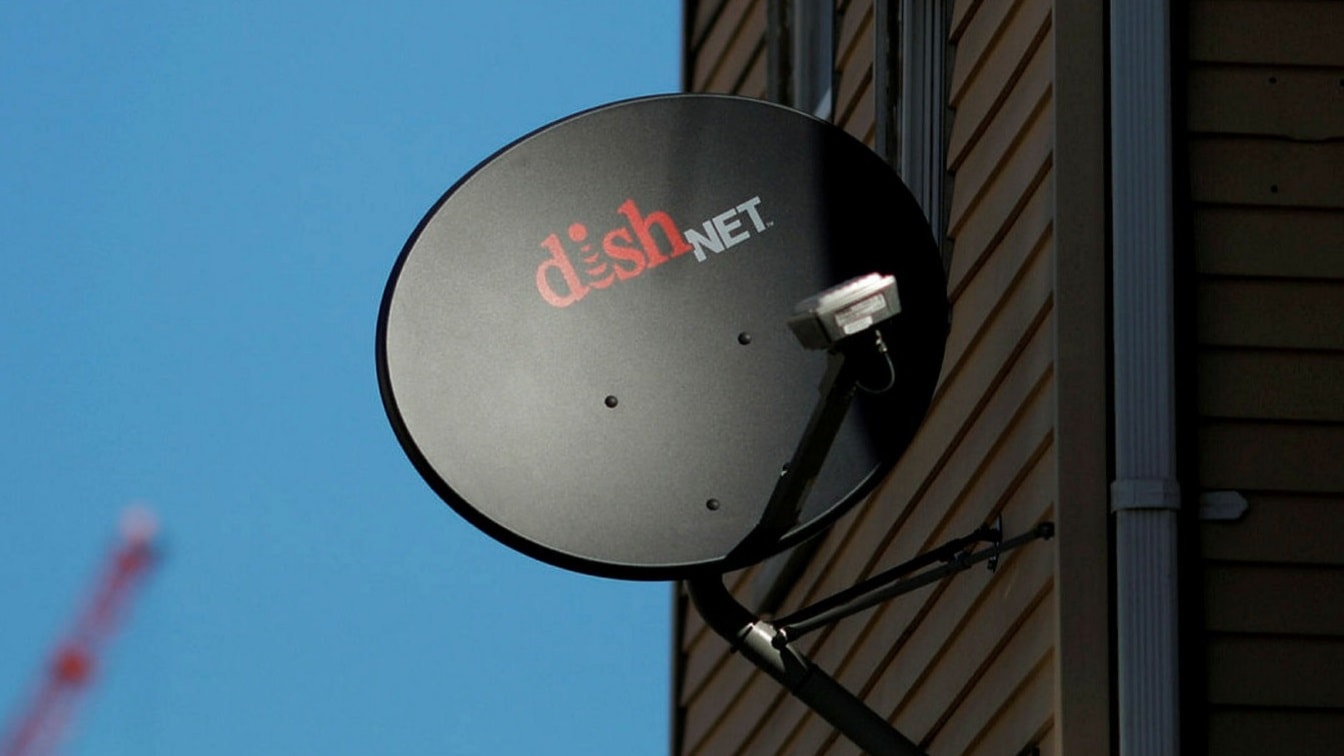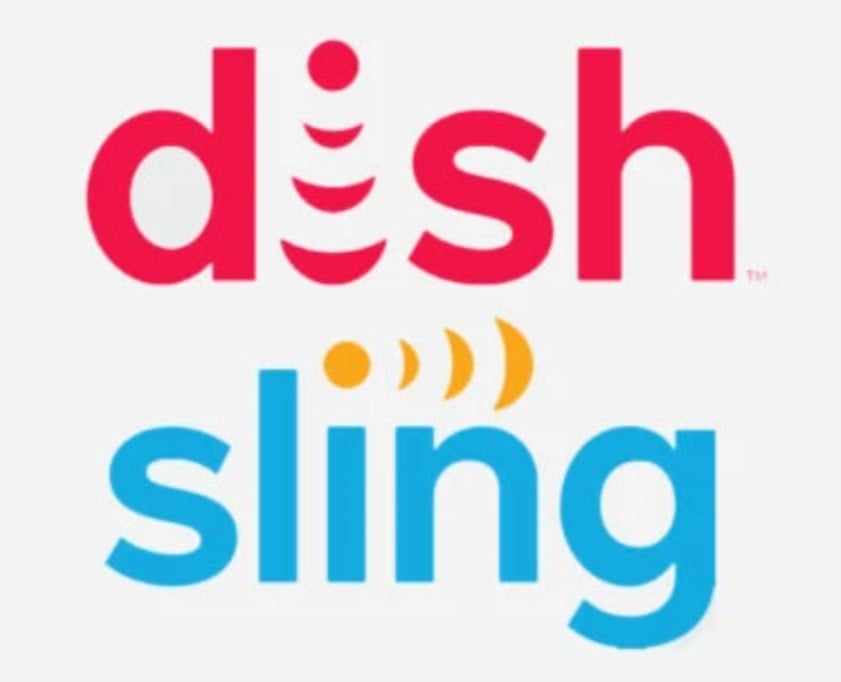
Pay-TV satellite service Dish Network announced this month that it lost about 257,000 net subscribers in the second quarter, compared with a drop of 67,000 in the same period just a year ago. That followed a decline of 462,000 subscribers for the first quarter of 2022.
The company further reported revenue totaling $4.21 billion for the quarter ending June 30, 2022, compared to $4.49 billion for the corresponding period in 2021. Net income attributable to Dish Network totaled $523 million for the second quarter of 2022, compared to $671 million for the year-ago quarter, the company announced on Aug. 3.
Dish closed the second quarter with 9.99 million pay-TV subscribers, which included 7.79 million Dish TV subscribers and 2.20 million SLING TV customers. It saw a net decline of about 202,000 with its traditional satellite subscribers. Satellite TV churn was 1.51%, while Dish’s traditional pay TV subscriber base is now diminishing at an 8.9% annual rate, MoffettNathanson analysts reported.
“The pay TV market is obviously in a bit of chaos and linear is definitely declining, and it’s up to management to stem that decline and try to monetize the existing customer base as well as we can,” Dish CEO W. Erik Carlson said on the analyst call earlier this month. He added that there is increased subscription video-on-demand competition for the company’s Sling service.
“There’s a lot of change in consumer behavior. There’s obviously the effect on Netflix, the spend on content and obviously stagnation in some of the providers,” Carlson added.
Even with the loss of some subscribers, Dish chairman Charlie Ergen – who has predicted industry consolidation in the streaming sector – was quick to note that Dish remains profitable, while many services are not. “So I think we’re well positioned there for things that might happen,” Ergen explained. “But we’re smart enough not to chase customers who aren’t going to be profitable.”
Dish has been seen as a company going to great lengths to challenge content providers to keep costs down. It famously engaged in a nearly three-year-long feud with HBO that only came to an end last August.
Dish Pivot
The future of the company could see it pivot away from its core business. Dish is currently building out a 5G wireless network. Company executives have reportedly acknowledged that the deployment is taking longer than expected, but the pay-TV service has said it will start receiving 5G wireless devices in the third quarter, and could begin distributing them to subscribers by the end of the year.
In June, Dish signed an amendment to its 2020 Master Network Services Agreement that will provide customers of Dish’s retail wireless brands, including Boost Mobile, access to T-Mobile’s nationwide 5G network.
“We are pleased to have reached new terms with T-Mobile that provide DISH with the ability to be more competitive and to meet our customers’ evolving needs,” said John Swieringa, president and COO at Dish Wireless. “DISH’s 5G network now covers more than 20 percent of the U.S. population, and this amendment gives our customers enhanced access to nationwide coverage and in-market roaming while we continue to deploy our own 5G network.”
Merger With DirecTV?
Speculation continues on whether Dish could merge with its bitter rival DirecTV, and in January Ergen said such a team-up might be “inevitable.”
It was just a year ago that telecom giant AT&T spun off DirecTV along with its U-Verse IPTV service. The satellite operator and accompanying businesses are now jointly owned by AT&T and TPG Capital LP. Analysts have suggested that both Dish and DirecTV are well positioned for a merger – which could be what parent company AT&T has had in mind with the spin-off.
“We have suspected that a split is coming, and this seems like a small step in that direction,” NewStreet Research analyst Jonathan Chapin wrote in a research report in January. “We think it would make sense for a number of reasons, including paving the way for a merger of the [satellite] business with DirecTV and improving strategic flexibility at Wireless.”
A Dish and DirecTV team-up wouldn’t be the first time satellite players joined forces, as SIRIUS and XM merged in July 2008. Instead of less competition, it actually resulted in a service that benefitted subscribers by providing the best talent and channel offerings. A Dish and DirecTV merger would likely do the same.
A Senior Editor for 1945, Peter Suciu is a Michigan-based writer who has contributed to more than four dozen magazines, newspapers and websites. He regularly writes about military hardware, firearms history, cybersecurity and international affairs. Peter is also a Contributing Writer for Forbes. You can follow him on Twitter: @PeterSuciu.
"dish" - Google News
August 13, 2022 at 02:42AM
https://ift.tt/eUQ9GtW
Dish Network Is Dying. Can a Merger with DirecTV Happen? - 19FortyFive
"dish" - Google News
https://ift.tt/ArHSwyc

No comments:
Post a Comment